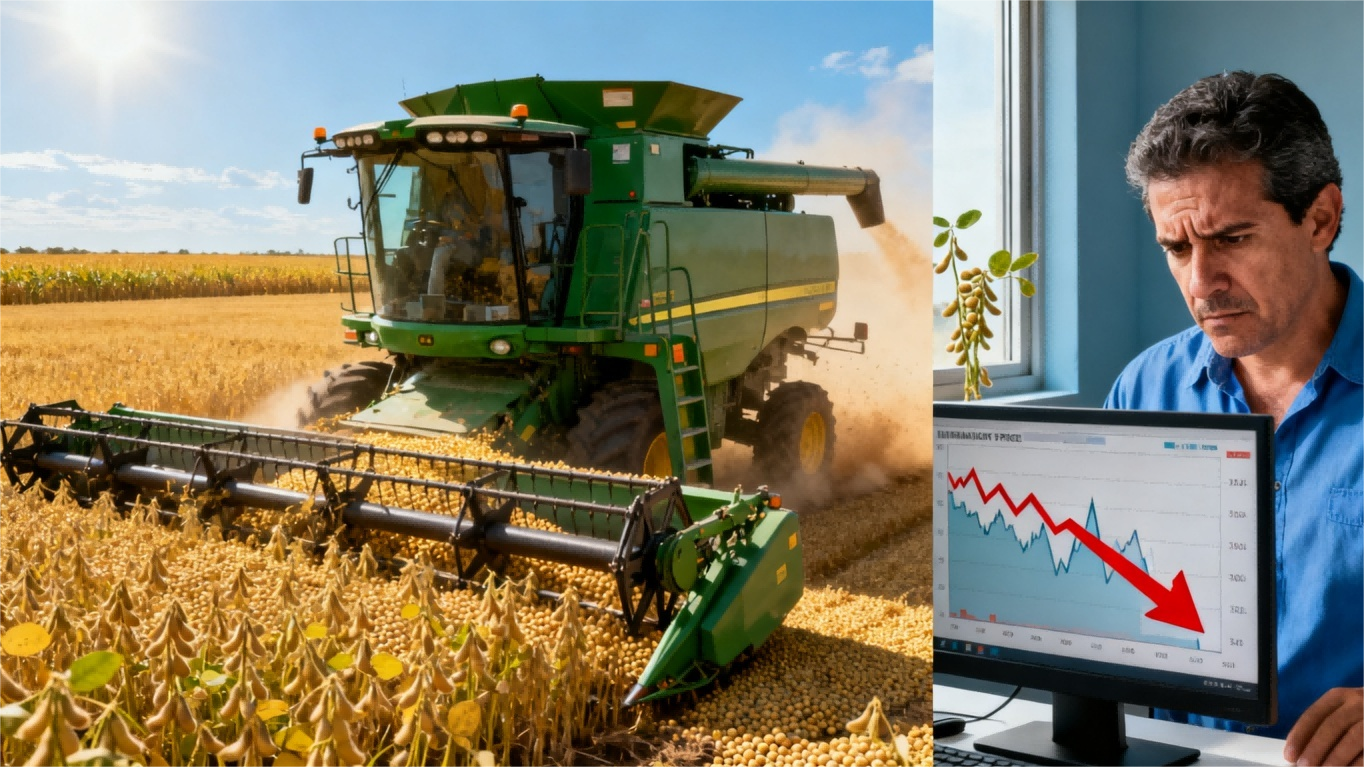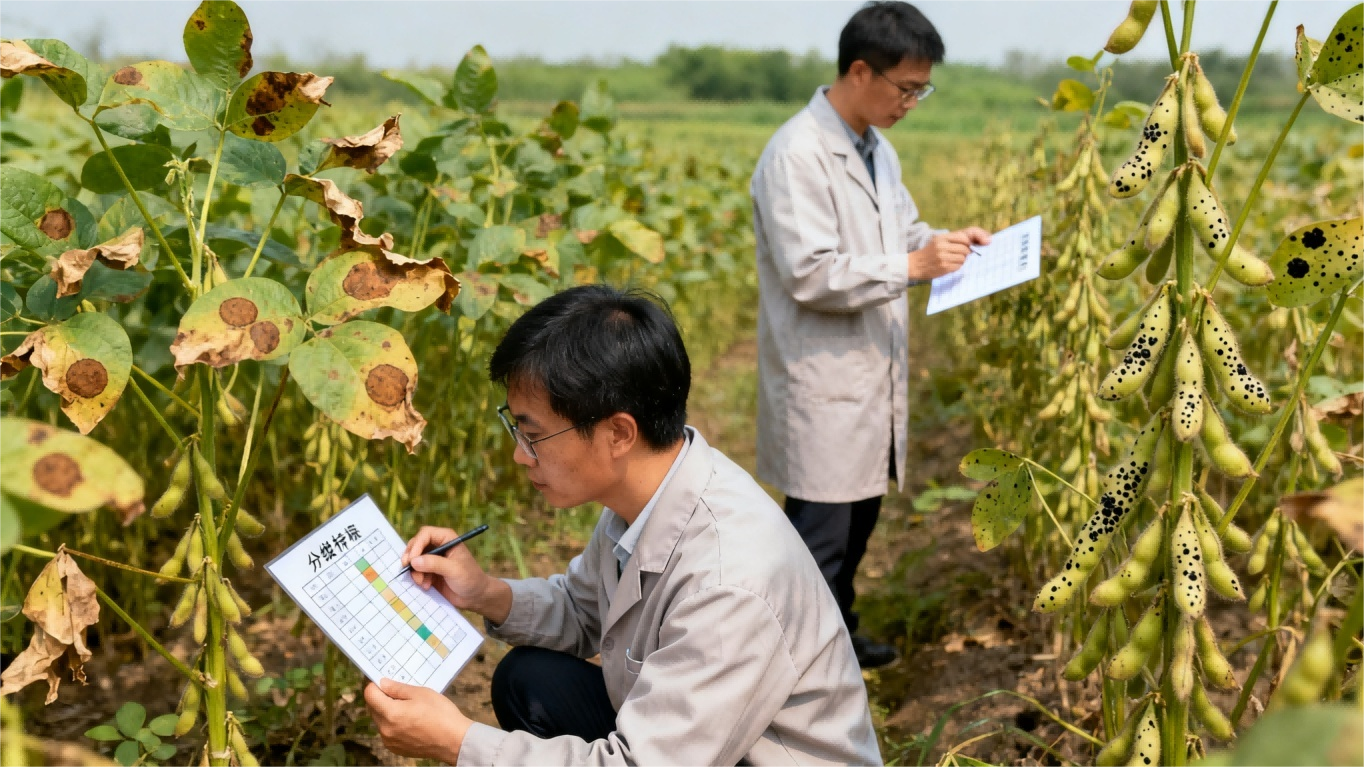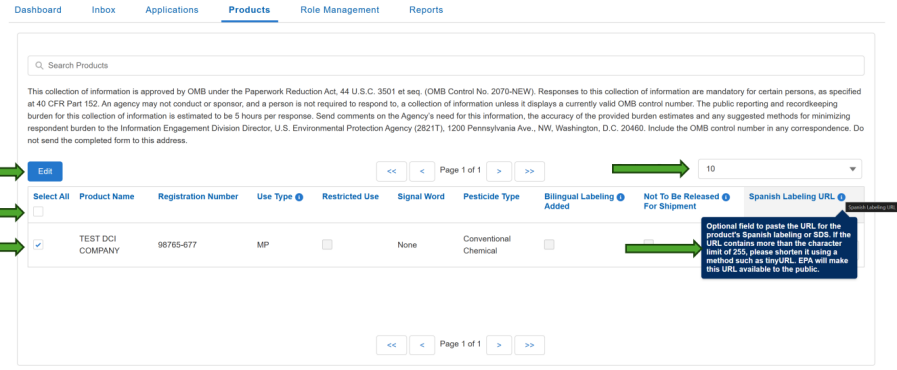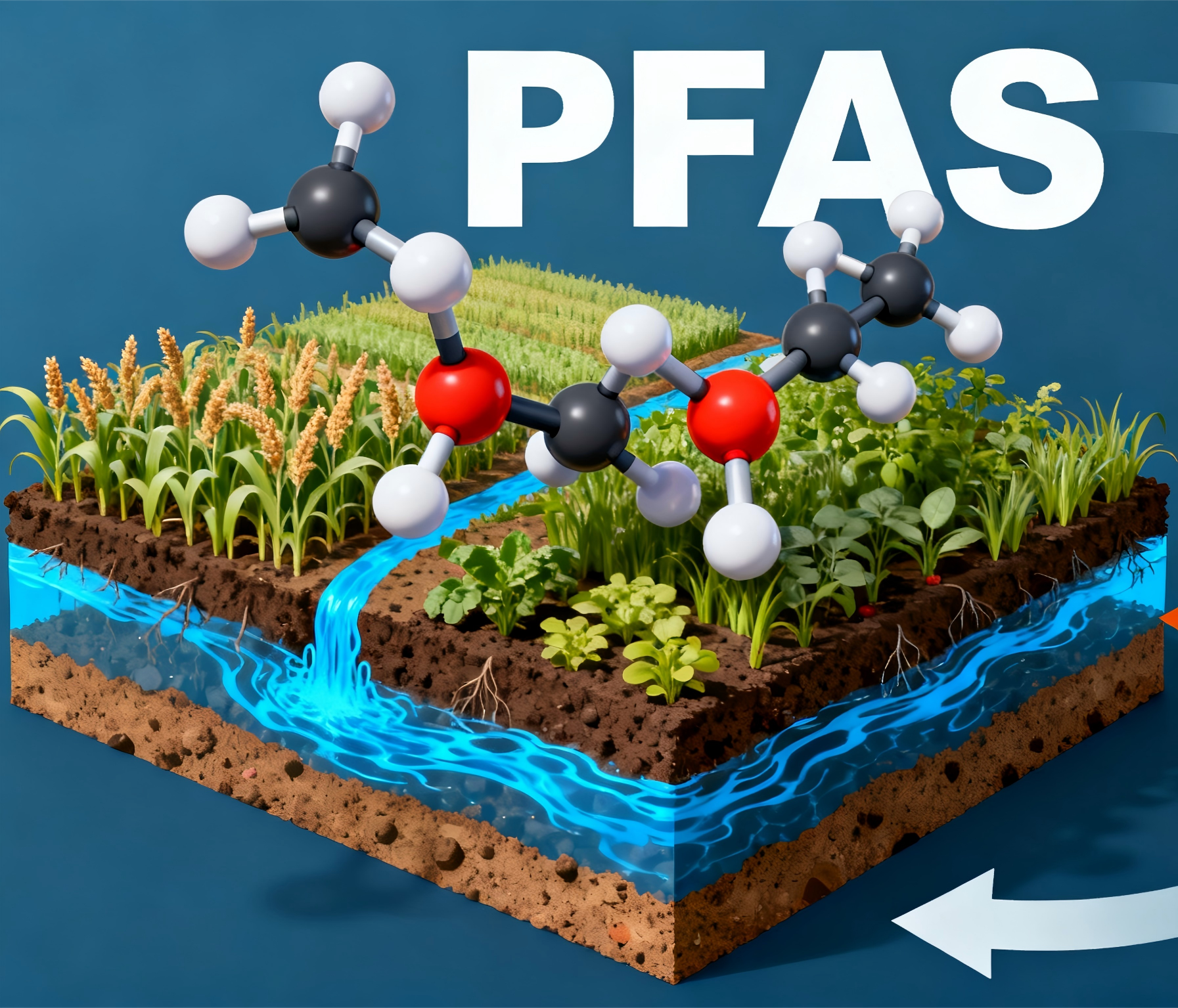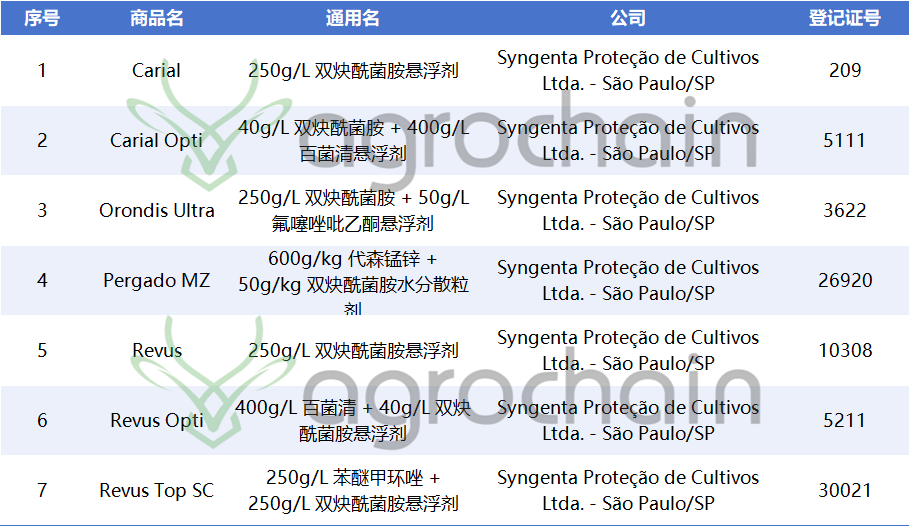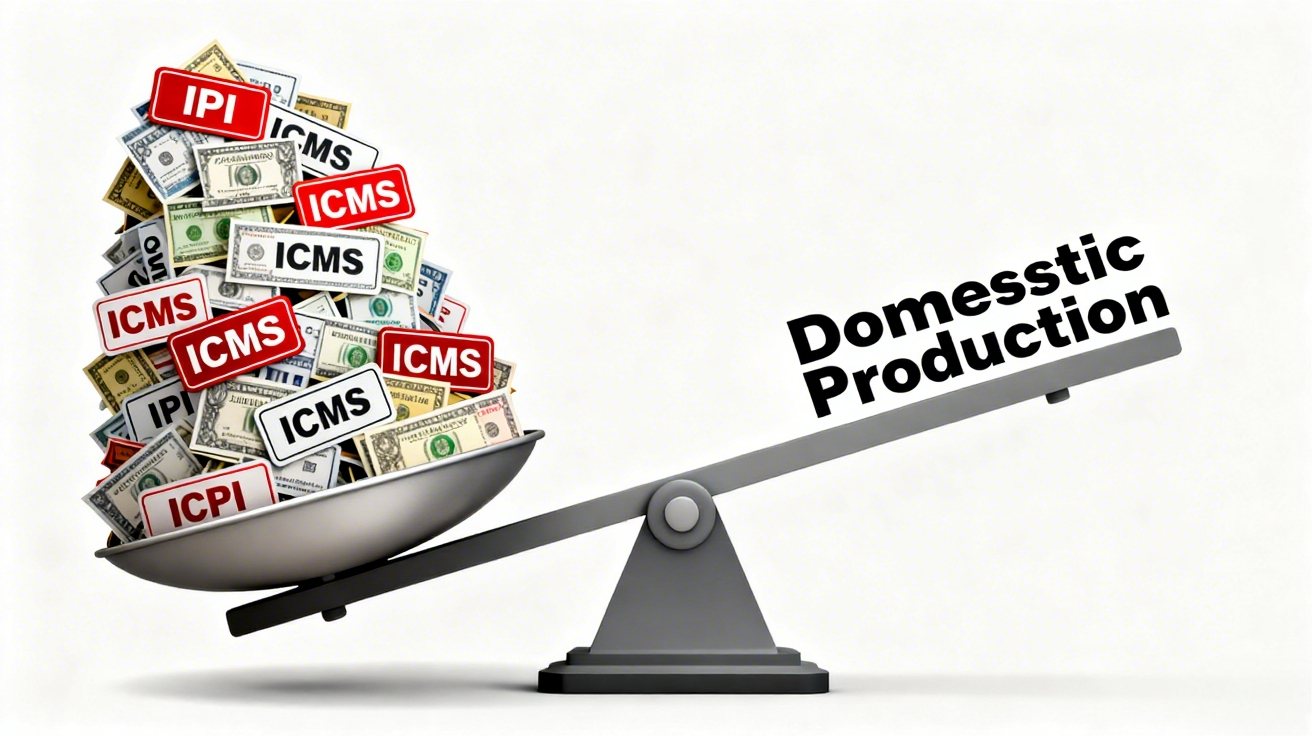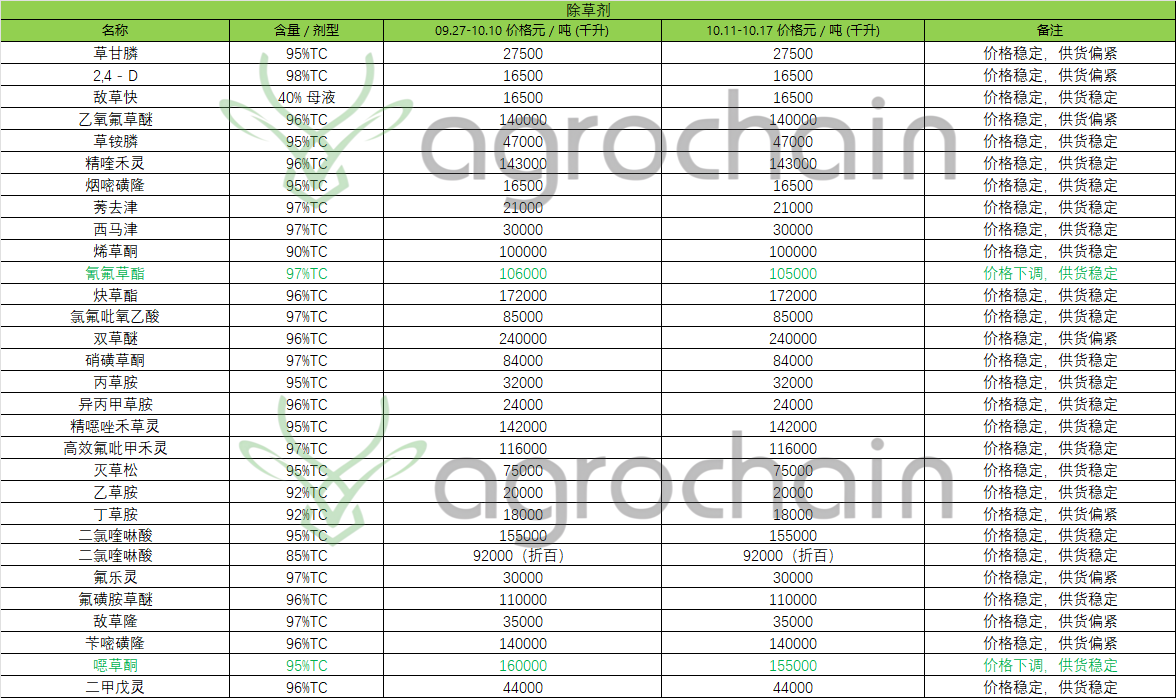.png)
Argentina's 2025/26 Agricultural Start: Soybean Sowing Begins with Mixed Prospects, Wheat Faces Critical Challenges
According to the latest weekly report from the Rosario Grain Exchange (BCR), the core agricultural regions of Argentina have officially launched the sowing of soybeans for the 2025/26 season. Although the profit prospects for soybean cultivation this season have improved significantly compared with last year, and the yield target is set to exceed 4 tons per hectare, the uncertainty of weather and the expected huge supply from neighboring Brazil still cast a shadow over farmers. At the same time, wheat in the critical grain-filling period is facing the dual threats of drought and frost, showing a distinct pattern of mixed prospects at the start of Argentina's agricultural production.



